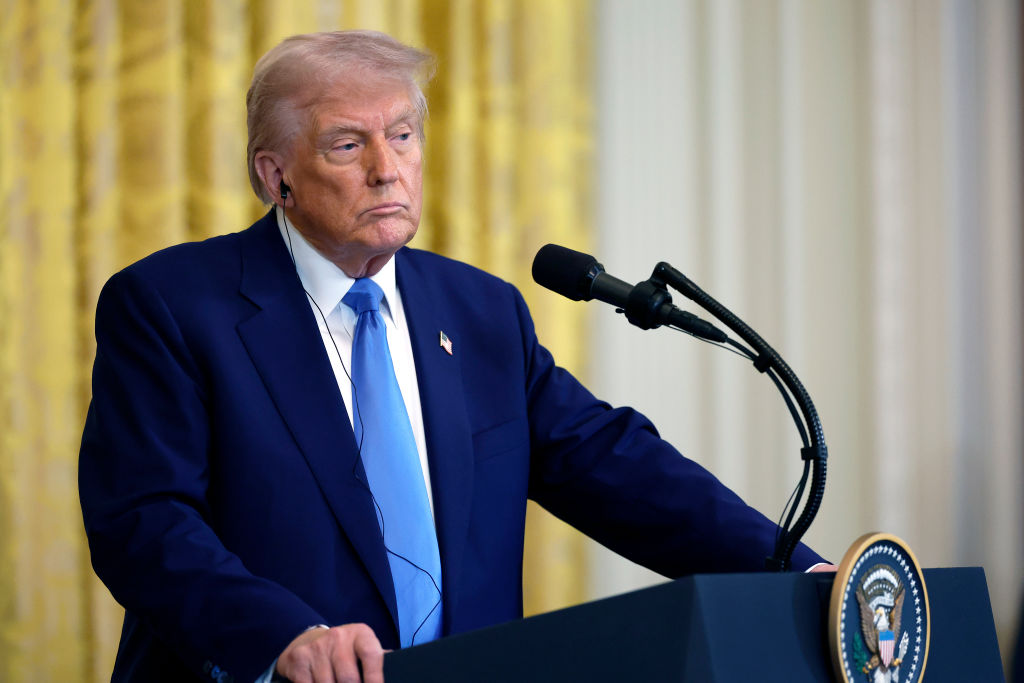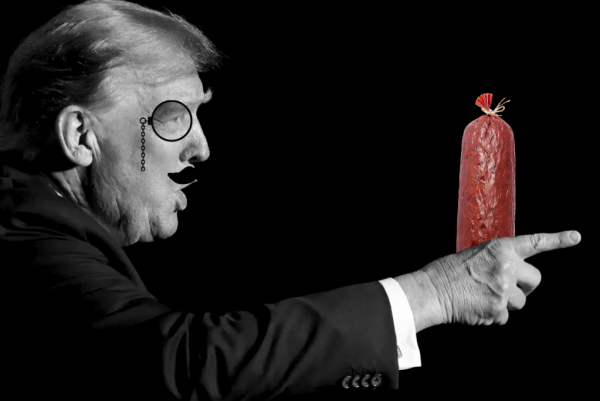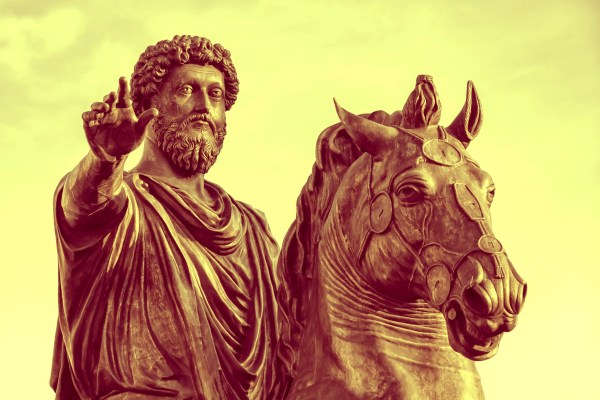On the day before the third anniversary of the brutal, lawless invasion of Ukraine, Fox News Sunday host Shannon Bream pressed Defense Secretary Pete Hegseth on whether it’s “fair to say” that Russia’s attack was unprovoked. Hegseth responded that it’s “fair to say it’s a very complicated situation.”
This is a good illustration of the difference between a complicated question and the complications of answering a simple question honestly. The answer to the question “Does this dress make me look fat?” may be simple enough, but answering it honestly can be quite difficult in some circumstances.
Hegseth is hardly the only prominent Republican official who has dodged the question since the president outrageously claimed that Ukraine “started” the war. Mike Waltz, Trump’s national security adviser, also repeatedly refused to answer the question.
Sometimes figuring out who started a war is complicated. But this isn’t World War I or the War of Jenkins’ Ear. Of course Russia started it.
Given that the answer to the question is so uncomplicated, why is answering it so complicated?
It’s not because Russia will be offended by an accurate response. The West has provided billions in military aid to Ukraine and heaped sanctions on Vladimir Putin and his regime in response to the criminal invasion. Saying once again that Russia started the war would not change the geopolitical equation in the slightest.
No, what makes this complicated is that Donald Trump is aping Putin’s talking points about who started the war. Publicly contradicting Trump creates complications for any Republican official who dares to do so.
If Trump says basset hounds can fly, they have to say it too. This is the dynamic that has bedeviled the GOP since Trump won the presidential nomination in 2016.
But as repugnant as I find the moral and intellectual corruption driving Republicans’ collective decision to lie to protect Trump’s ego and avoid the wrath of his fans, it’s worth keeping in mind that such corruption is a feature of politics more generally. Moreover, Trump’s success in so corrupting our politics relies on the widespread view that his critics are corrupt.
In recent years, Democrats have talked themselves into a kind of cul-de-sac by agreeing to enforce false pieties about everything from identity politics to Israel to inflation. When Joe Biden was still president, the pressure to insist that he was as fit as a fiddle and as sharp as a tack led them to prop up a fatally unpopular president.
Much of the media was rightly seen as complicit in that project. I’ve long argued that journalism is not immune to such corruptions. The fear of offending one’s readers or viewers drives more media bias and self-censorship than ideology does.
Fox News is so terrified of its viewers that it pandered to their hunger for confirmation of the lie that the 2020 election was stolen. It lost nearly $800 million to a defamation lawsuit as a consequence — all because telling the simple truth would have been so very complicated.
The Associated Press, which is facing petty retaliation for its refusal to honor Trump’s petty attempt to rename the Gulf of Mexico, has a long history of trying to smuggle ideological arguments into its supposedly objective coverage. Its AP Stylebook, a hegemonic force in journalism, bans the use of "illegal immigrants," calls for "black" to be capitalized, and defines gender as "a social construct." And even after officials in Israel confirmed that an Israeli woman and her children were beaten to death by their captors in Gaza, the AP continues to report that they merely “died in captivity.” No, they were murdered in captivity.
Even dictionaries aren’t immune to this kind of corruption. After Democrats accused Amy Coney Barrett of bigotry for using the phrase “sexual preference” during her Supreme Court confirmation hearing, Merriam-Webster changed its definition of the term in real time to back up the claim that it was “offensive.”
Social media, partisan polarization, and politicization of institutions have fueled an erosion of trust across society. This is an ideal milieu for a president who cares not for facts or truth but only about his own vanity and glory. And that’s how answering the simple question “Who started the war?” got so complicated. Telling the truth requires a degree of courage that is disqualifying in Trump’s circle.







Please note that we at The Dispatch hold ourselves, our work, and our commenters to a higher standard than other places on the internet. We welcome comments that foster genuine debate or discussion—including comments critical of us or our work—but responses that include ad hominem attacks on fellow Dispatch members or are intended to stoke fear and anger may be moderated.
With your membership, you only have the ability to comment on The Morning Dispatch articles. Consider upgrading to join the conversation everywhere.